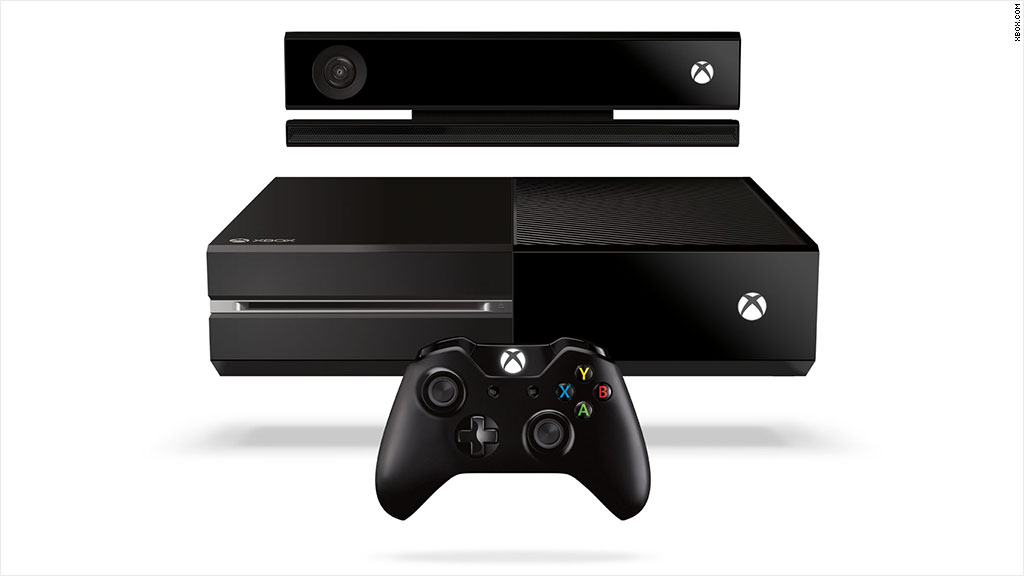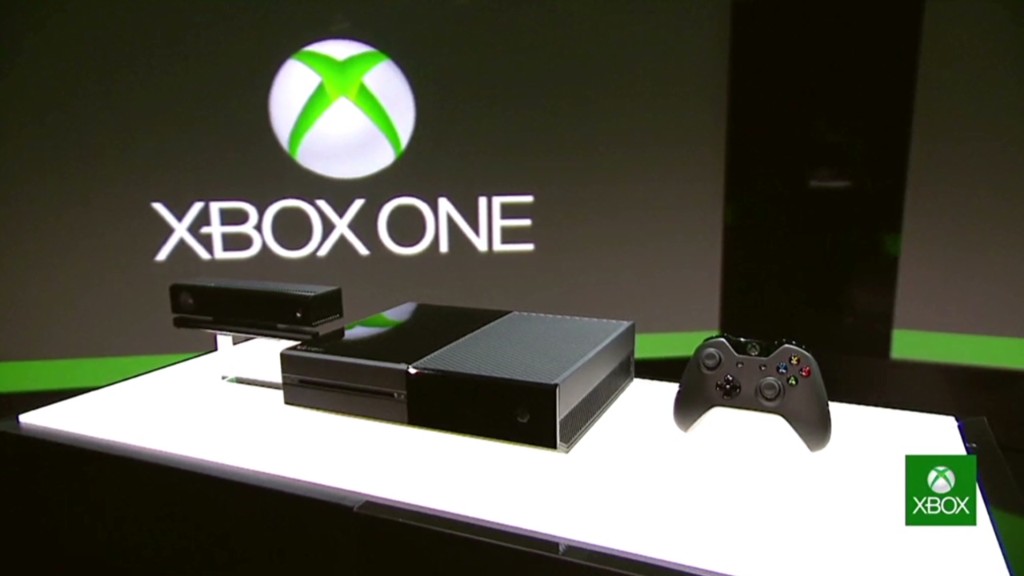
Just two weeks after announcing that the Xbox One would require an Internet connection and prevent the free exchange of used games, Microsoft abruptly changed its stance and abandoned both policies.
The original plan was to have the Xbox One console check in with its central servers at least once a day (and more frequently if users were accessing their account from a different system). If the console were not able to do so, users would not be able to continue using the Xbox One.
Likewise, the proposed digital rights management system would only let gamers play games -- disc or digtal -- from their accounts while logged in, and would not allow them to transfer those games to another friend, or freely sell them. There were to be a handful of approved used game retailers gamers could sell to, but that is now irrelevant.
In a blog post on the Xbox blog, Microsoft's (MSFT) President of Interactive Entertainment Business Don Mattick thanked users for their feedback and explained that the Xbox will not require an internet connection after the initial setup, and digital rights management will not be a part of games, allowing gamers to use any disc on any Xbox One system.

"We appreciate your passion, support and willingness to challenge the assumptions of digital licensing and connectivity," Mattick wrote. "While we believe that the majority of people will play games online ... we will give consumers the choice of both physical and digital content. We ... have heard loud and clear from your feedback that you want the best of both worlds."
At this year's Electronic Entertainment Expo, a major industry conference, consumers and competitors alike endlessly skewered Microsoft for its policies, and pushed Sony (SNE)'s Playstation 4 forward as the console with more momentum going into the holiday season.
The quick response seems to indicate that Microsoft left E3 feeling a bit rattled. And with the hasty change in plans, Mattrick says that some of the Xbox One's functionality will change, and gamers will not be able to resell digital titles.
Overall, this is Microsoft's mea culpa to its base of core gamers who have felt neglected by the company over the last month. But it's also a decision that should have been in place from day one. Now it must wait for scorned users to accept its apology.

